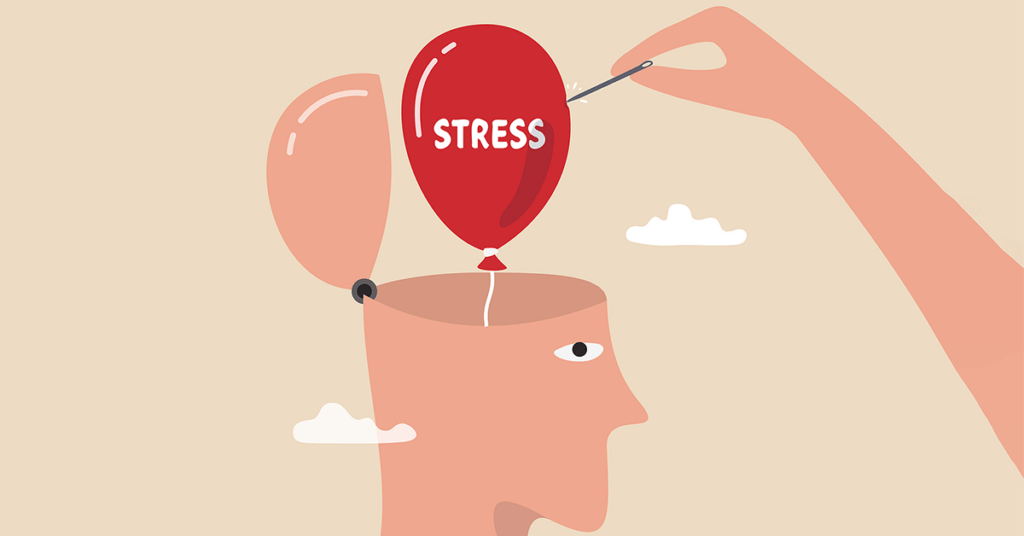
The Ultimate Guide to Stress Management for First Responders and Caregivers in High-Pressure Environments
In emergencies, first responders and caregivers play a critical role in providing immediate assistance and support to those in need. However, the demanding nature of their work often exposes them to high levels of stress. Managing stress effectively is essential to ensure their well-being and ability to perform their duties optimally. In this article, we will explore techniques and strategies that can help in Stress Management for First Responders and Caregivers in emergencies.
Understanding the Impact of Stress on First Responders and Caregivers
Emergencies can be highly stressful due to the intense pressure, emotional demands, and exposure to traumatic events. First responders and caregivers frequently encounter life-threatening situations, human suffering, and the need to make split-second decisions. These experiences can have a significant impact on their mental and emotional well-being.
Recognizing the Signs of Stress
First responders and caregivers must recognize the signs of stress to address them promptly. Common signs of stress management for first responders and caregivers may include:
- Increased irritability or agitation
- Fatigue and difficulty sleeping
- Feelings of helplessness or hopelessness
- Loss of interest in activities
- Difficulty concentrating or making decisions
- Physical symptoms such as headaches or stomachaches
The Importance of Self-Care for First Responders and Caregivers
Self-care plays a vital role in stress management for first responders and caregivers or or you can also read 6 Simple Ways to Reduce Oxidative Stress. It is essential to prioritize one’s physical and mental well-being to maintain resilience and prevent burnout. Some self-care practices include:
- Getting adequate rest and sleep
- Eating a balanced diet
- Engaging in regular exercise
- Setting boundaries and taking breaks
- Taking part in enjoyable and relaxing activities
Stress Management Techniques
1. Deep Breathing and Relaxation Exercises
Exercises that deepen breathing might help you relax and manage stress. Practice taking slow, deep breaths, holding for a few seconds, and exhaling slowly. Incorporating relaxation exercises, such as progressive muscle relaxation or guided imagery, can further enhance the effectiveness of stress reduction.
2. Regular Physical Exercise
Engaging in regular physical exercise has numerous benefits for stress management. Endorphins, which are endogenous mood enhancers and assist in lowering stress hormones, are released during exercise. It can be as simple as going for a walk, cycling, or practicing yoga.
3. Mindfulness and Meditation
Mindfulness and meditation practices can help calm the mind and improve focus. Taking a few moments each day to engage in mindfulness exercises or guided meditation can promote relaxation and reduce stress levels.
4. Seeking Support and Counseling
First responders and caregivers need to seek support when needed. Talking to a trusted colleague, supervisor, or counselor can provide an outlet for processing emotions and stress. Professional counseling services can offer specialized support for individuals dealing with trauma and high-stress situations.
5. Engaging in Hobbies and Recreation
Having hobbies and engaging in recreational activities outside of work can provide a healthy outlet for stress. Find activities that bring joy, relaxation, and a sense of fulfillment, such as painting, gardening, or playing a musical instrument.
Developing Resilience and Coping Mechanisms
Building resilience is crucial for effectively managing stress in emergencies. Some strategies for developing resilience include:
- Building a strong support network
- Cultivating a positive mindset
- Practicing optimism and gratitude
- Learning from past experiences and setbacks
- Developing problem-solving skills
Effective Communication Strategies
Open and effective communication is essential for managing stress in emergencies. Encouraging a supportive and respectful work environment where individuals can express their feelings and concerns without judgment is key. Regular team meetings and debriefings can facilitate communication and foster a sense of camaraderie.
Creating a Supportive Work Environment
Organizations should prioritize creating a supportive work environment that addresses the well-being of first responders and caregivers. This can include providing access to counseling services, offering stress management training, and implementing policies that promote work-life balance and mental health support.
Training and Education for Stress Management
Proper training and education on stress management techniques can equip first responders and caregivers with the necessary skills to cope with high-stress situations. Organizations should invest in comprehensive training programs that address stress recognition, self-care practices, and resilience-building strategies.
Conclusion
Managing stress is crucial for first responders and caregivers to maintain their well-being and effectively fulfill their roles in emergencies. By implementing stress management techniques, prioritizing self-care, and fostering a supportive work environment, individuals and organizations can better address the unique challenges and demands of these critical roles.
Frequently Asked Questions
Q: Can stress affect the performance of first responders and caregivers?
A: Yes, excessive stress can impact their ability to perform optimally and may lead to burnout if not addressed.
Q: Are there specific relaxation techniques that can be practiced during a busy shift?
A: Yes, deep breathing exercises and mindfulness techniques can be incorporated even in short intervals to promote relaxation and reduce stress.
Q: What are some signs of burnout that first responders and caregivers should watch out for?
A: Signs of burnout may include chronic fatigue, emotional exhaustion, feelings of cynicism or detachment, and a decline in job performance.
Q: Is it important for first responders and caregivers to seek professional counseling?
A: Yes, professional counseling can provide specialized support and help individuals process the emotional impact of their work.
Q: How can organizations support the well-being of their first responders and caregivers?
A: Organizations can create a supportive work environment, provide access to counseling services, offer stress management training, and promote work-life balance initiatives.

















